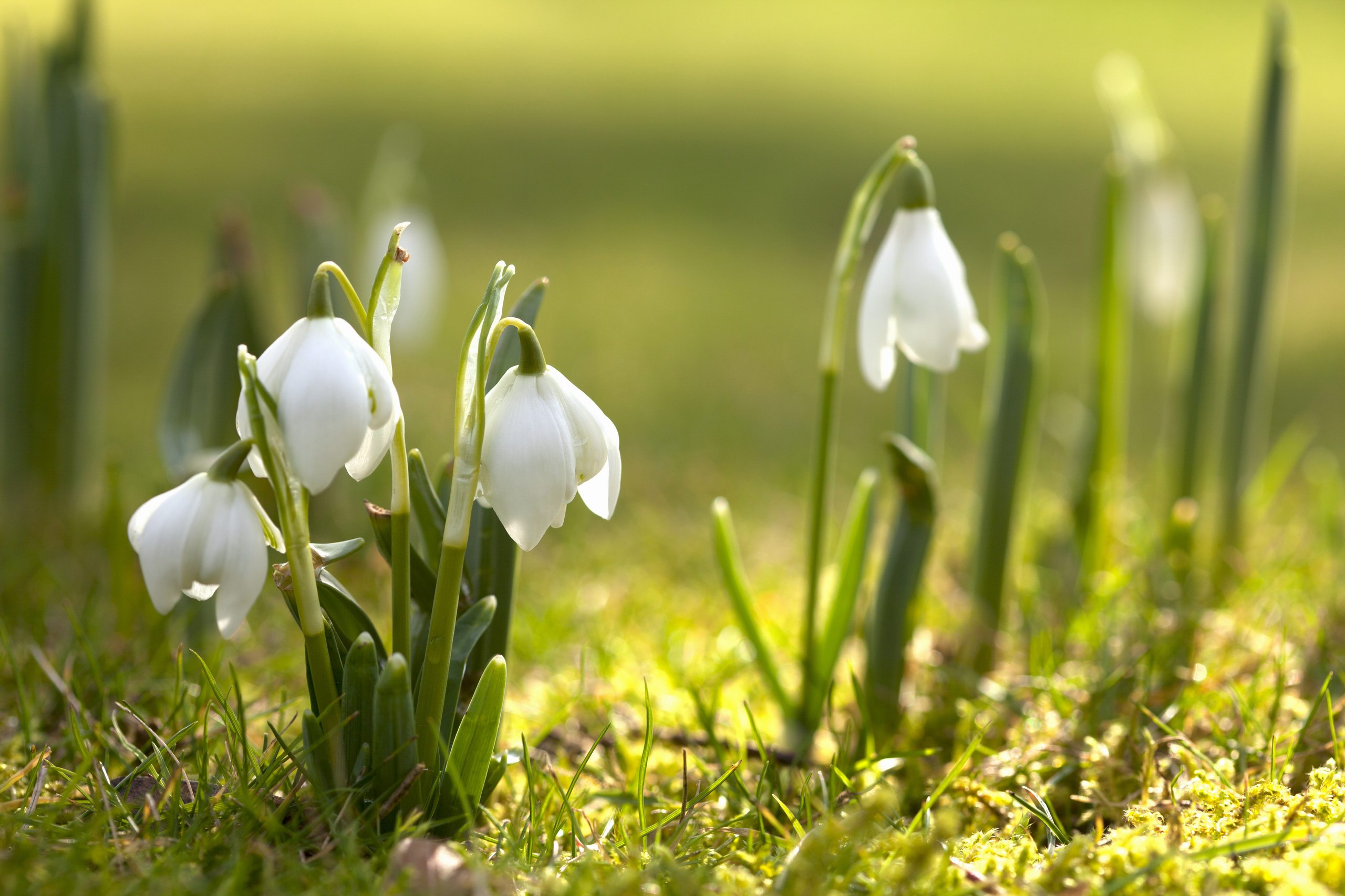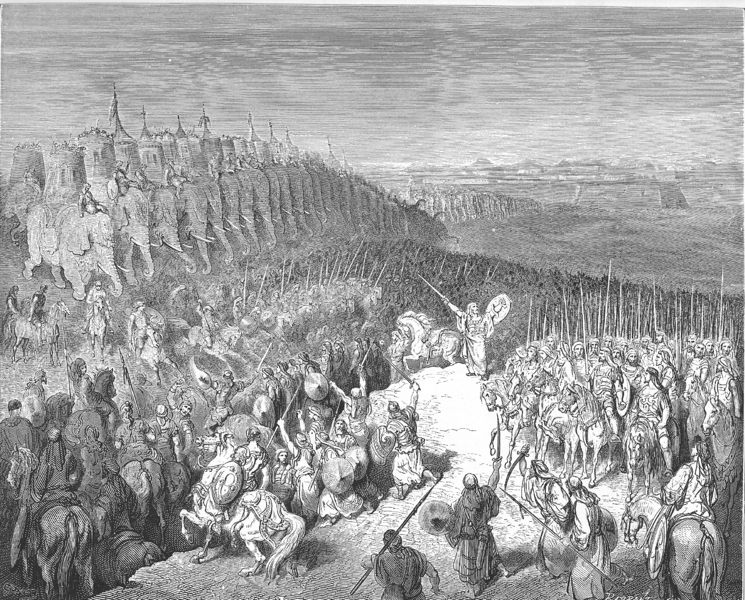Celebrating Tax Day with Burlesque Bach
If you’ve been griping about taxes recently, you may sympathize with the characters in J.S. Bach’s secular Peasant Cantata, BWV 212, first performed in 1742. Bach referred to this popular, comic work as “Cantate burlesque.” Listen to the entire work here. In this excerpt, Ach, Herr Schösser, geht gar nicht zu schlimm, the farmer decries the unfair burden of land taxes. Here is a translation, beginning with the preceding recitative: The master is good: but the …


